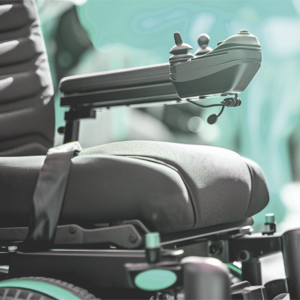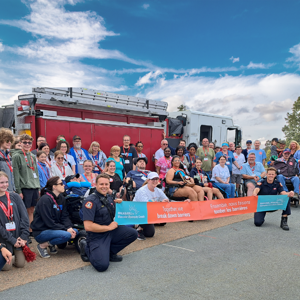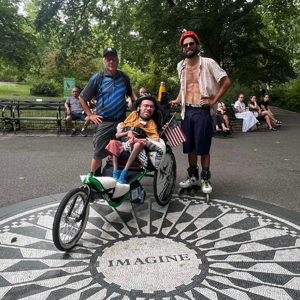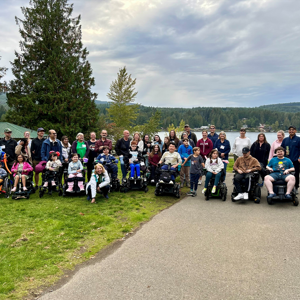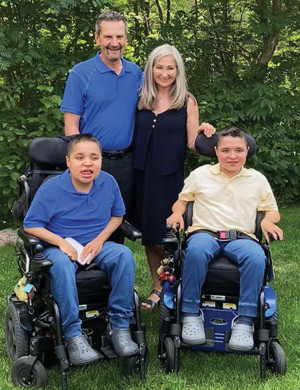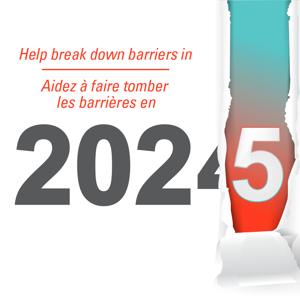At Muscular Dystrophy Canada we value the incredible community across the country who champion our mission with courage, determination, and passion. Through the Dr David Green Awards program, we recognize and celebrate these incredible groups and individuals each year.
We are excited to announce the esteemed 2025 Dr David Green Award winners. In the past year, these amazing groups and individuals showed exceptional commitment to improving the lives of Canadians affected by neuromuscular disorders by raising critical funds, increasing awareness and advocating for our community, supporting continued research, engaging with other community members and building positive connections.
“Muscular Dystrophy Canada is extremely fortunate to have such incredible individuals and groups committed to supporting our mission and the Canadian neuromuscular community,” says Stacey Lintern, CEO, Muscular Dystrophy Canada. “Each year, volunteers from all areas of Canada with varying skills, jobs, talents and interests make Muscular Dystrophy Canada’s initiatives possible. Thank you doesn’t even begin to cover just how appreciative we are for each and every one of this year’s recipients. Thank you for breaking down barriers for the neuromuscular community!”
2025 National Dr David Green Award Winners:
- Caring Corporate Partner Award – Rexall Care Network
- Outstanding Philanthropist Award – Four Oaks Foundation
- Fred Shaddick Community Spirit – Shaddick’s R&R Board of Directors
- Fire Fighter of the Year Award – Eric Muldoon & Brett Short
- Fire Department of the Year – St. Albert Fire Fighters Union
- The Leadership in Advocacy Award – Margo Thompson
- Dr. George Karpati Award for Researcher of the Year – Dr. Reshma Amin
- Rising Clinician/Researcher Award – Dr. Marianne Nury
- Outstanding Healthcare Partner Award – Dr. Maryam Oskoui
- Mary Ann Wickham Award for Volunteer of the Year – Launie Fletcher
- Dr. Katie Manders Courage to Inspire Award – Danny & Michelle Morris
- Dr. David Green Impact Award – London Professional Fire Fighters Association


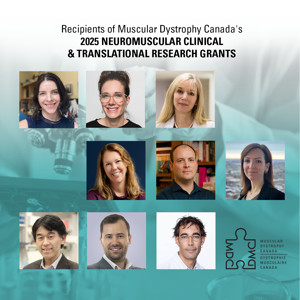
 Dr Carolina Barnett-Tapia MD PhD
Dr Carolina Barnett-Tapia MD PhD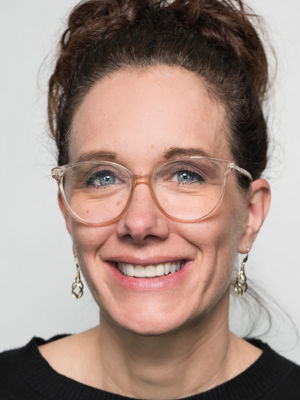 Dr Cynthia Gagnon PhD
Dr Cynthia Gagnon PhD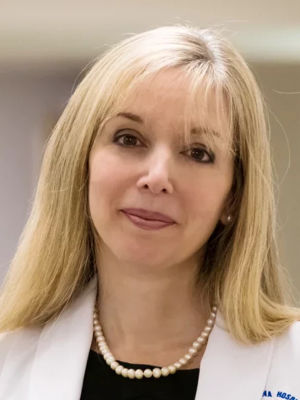 Dr Jodi Warman-Chardon MD PhD FRCPC (Neurology)
Dr Jodi Warman-Chardon MD PhD FRCPC (Neurology) Dr Melissa Fiscaletti MD FRCP(C) MSc
Dr Melissa Fiscaletti MD FRCP(C) MSc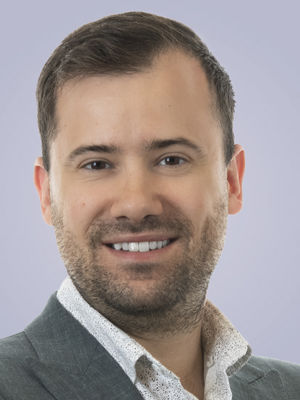 Dr Vincent Picher-Martel MD
Dr Vincent Picher-Martel MD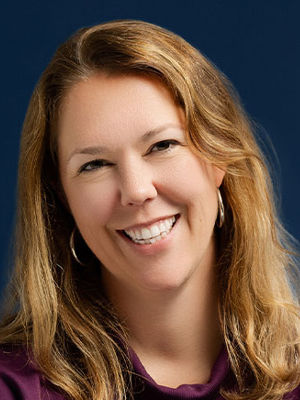 Dr Marie-Claude Sincennes PhD
Dr Marie-Claude Sincennes PhD Dr Mark Currie PhD
Dr Mark Currie PhD Dr Yan Burelle PhD
Dr Yan Burelle PhD Dr Toshifumi Yokota PhD FCAHS
Dr Toshifumi Yokota PhD FCAHS
